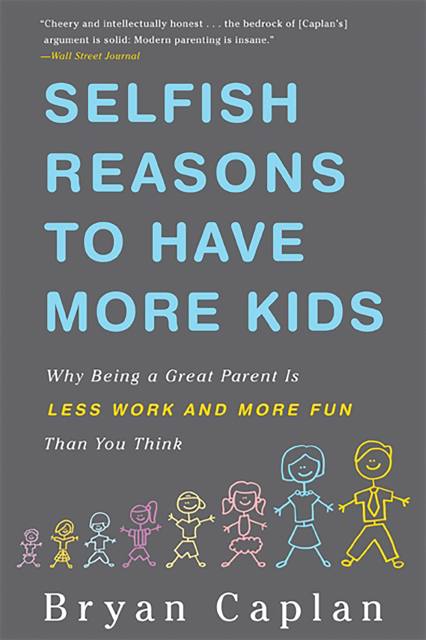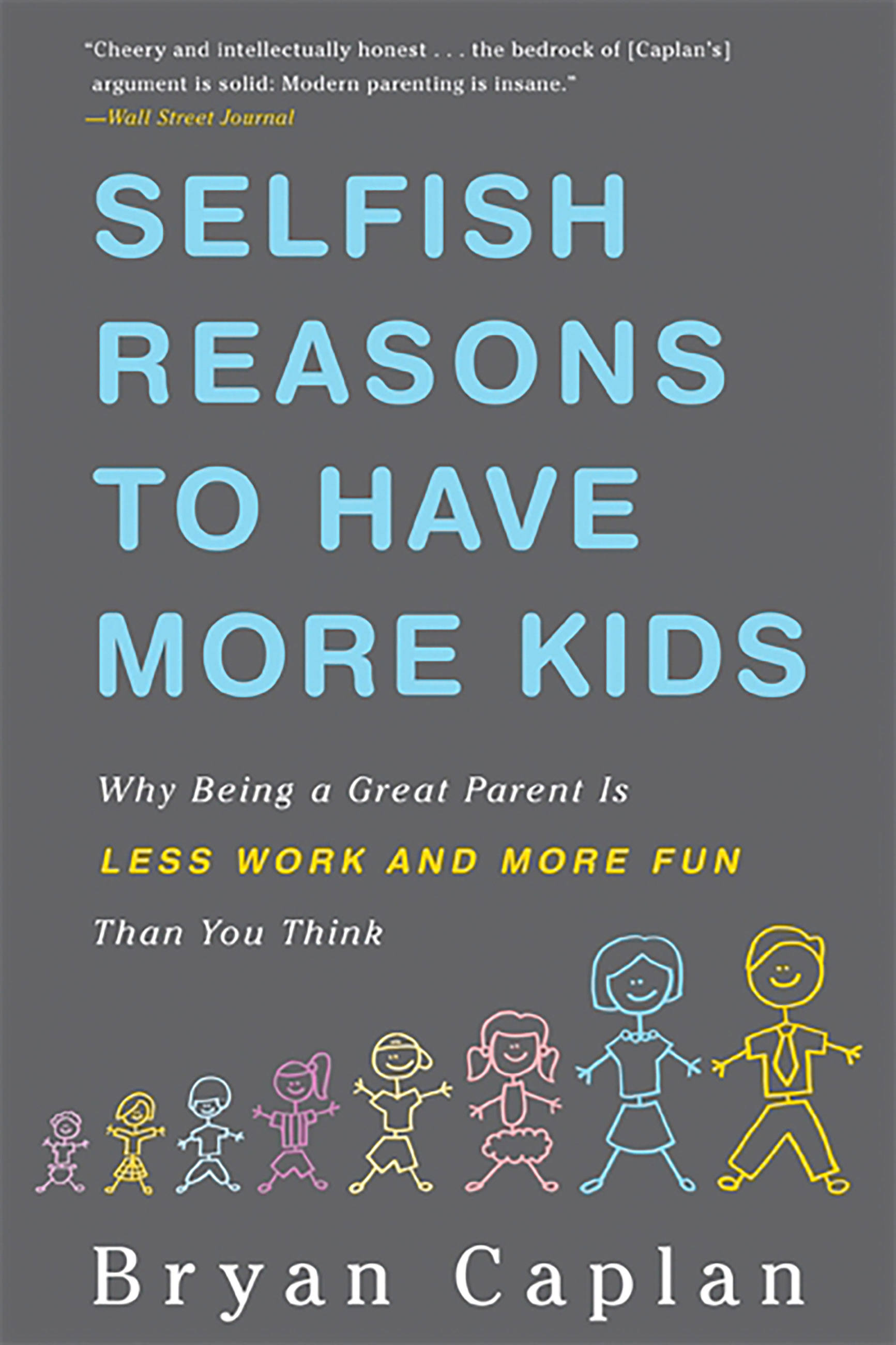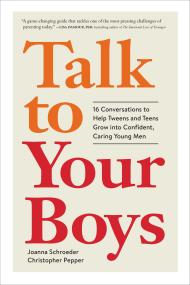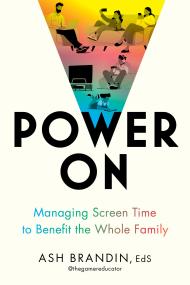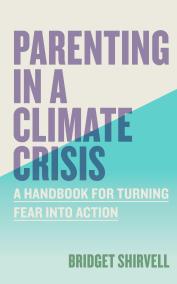Selfish Reasons to Have More Kids
Why Being a Great Parent Is Less Work and More Fun Than You Think
Contributors
By Bryan Caplan
Buy from Other Retailers:
- On Sale
- May 8, 2012
- Page Count
- 240 pages
- Publisher
- Basic Books
- ISBN-13
- 9780465028610
Selfish Reasons to Have More Kids is a book of practical big ideas. How can parents be happier? What can they change — and what do they need to just accept? Which of their worries can parents safely forget? Above all, what is the right number of kids for you to have? You’ll never see kids or parenthood the same way again.
-
“Despite its wickedly subversive premise, Mr. Caplan’s book is cheery and intellectually honest… And the bedrock of his argument is solid: Modern parenting is insane. Children do not need most of what we buy them. So, yes, the ‘price’ of children is artificially high… The best argument for children isn’t that they will make you happy or your life fun but that parenthood provides purpose for a well‑lived life.”Wall Street Journal
-
“Mr. Caplan, who has already been dubbed the ‘Un‑Tiger Mom,’ writes, ‘While healthy, smart, happy, successful, virtuous parents tend to have matching offspring, the reason is largely nature, not nurture.’… His argument may be refreshing in an era of competitive preschool admissions and hyperactive extracurricular schedules.”New York Times
-
“A direct blow to Tiger Moms around the world… The Caplan Theory is a bit like the Ferber method writ large: If you stop worrying and let the kid be for now, everybody will be happier tomorrow.”Atlantic
-
“Even if Selfish Reasons to Have More Kids won’t actually convince people to have more kids, it serves as both a brief and remarkably well‑written introduction to genetic research, and a guide book for easier parenting. The Tiger Mothers of the world would be well served by reading it.”National Review
-
“Bryan Caplan’s book Selfish Reasons to Have More Kids: Why Being a Great Parent Is Less Work and More Fun Than You Think stands as a bridge across an economic and psychological gap. This isn’t your average parenting book spouting psychologist‑laden babble about the inner workings of the human psyche, inherent selfishness and bearing children. Rather, Mr. Caplan… hopes to persuade interested parties that it’s not only better to have children in the first place, but to have lots, or at least more than the number you originally were planning to have.”Washington Times
-
“In a nutshell, Caplan believes that parents put too much pressure on themselves to raise perfect children, when there is very little evidence that hyper‑parenting does much good and plenty of evidence that it does harm by stressing parents out… Most kids just need a calm house with parents who love them, he says. Deep down, most of us know that. And once you release yourself from the drudgery of perfect parenting, your kids will relax and probably flourish, too.”Chattanooga Times Free Press
-
“Economist Brian Caplan: Kids can be cheaper than you think… so maybe you want more of them than you think you want. He makes the case for this controversial proposition at length in his fascinating and well‑argued new book Selfish Reasons to Have More Kids: Why Being a Great Parent is Less Work and More Fun Than You Think.”Reason
-
“The author’s mission is noble—encouraging individuals to parent two or more children.”Kirkus
-
“Selfish Reasons to Have More Kids is a new book by economist and blogger Bryan Caplan. It makes a simple argument of extreme importance: you should probably have more children. Though this book is written by an economist, it’s not another cute‑o‑nomics pop text. It’s a serious book about family planning that’s based on his reading of child development, psychology, genetics, economics, and other fields. It’s about one of life’s most important decisions, and this is what social scientists should be thinking about.”Fabio Rojas, Indiana University Bloomington
-
“A delightful book, breezy in prose style, but reasonably rigorous in its handling of the nature‑nurture statistics.”Steve Silver, movie critic for The American Conservative
-
“Original, lively, well‑researched, and wise, this book could change your life.”Steven Pinker, author of How the Mind Works and The Blank Slate
-
“Imagine this: Parenting doesn’t HAVE to be a chore. Your kids are safer than you think, smarter than you think and besides—you have less influence than you think! So sit back, relax, and read this book with your newfound free time. The sanity you save may be your own.”Lenore Skenazy, author of Free Range Kids
-
“Provocative, fascinating, and utterly original, Bryan Caplan’s book overturns the conventional wisdom about why parenting matters.”Tim Harford, author of The Undercover Economist and Adapt
-
“This is one of the best books on parenting, ever. It will bring life into the world, knowledge to your mind, and joy into your heart.”Tyler Cowen, George Mason University
-
“A lively, witty, thoroughly engrossing book. Bryan Caplan looks at parenting from the viewpoint of an economist, as well as a father. His conclusions may surprise you but he has the data to back them up.”Judith Rich Harris, author of The Nurture Assumption and No Two Alike
-
“I loved this book. Selfish Reasons to Have More Kids should be required reading for parents—as it will be for my children, who are now having their own kids and getting caught up in the more‑work, less‑fun traps of parenting covered here. And as a geneticist, I can report that Bryan Caplan has the facts right. Even better, he interprets those facts in a way that will change our view of parenting.”Robert Plomin, Institute of Psychiatry
Formats and Prices
Price
$18.99Price
$24.99 CADFormat
Format:
- Trade Paperback $18.99 $24.99 CAD
- ebook $12.99 $16.99 CAD
- Trade Paperback (Revised) $18.99 $24.99 CAD
